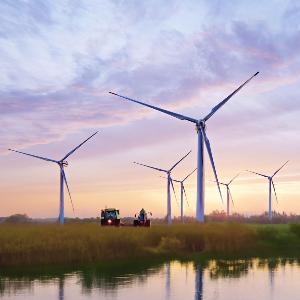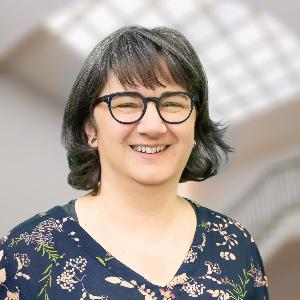Teaching and Research Unit
for Physical Geography and Complex Environmental Systems

for Physical Geography and Complex Environmental Systems

The teaching and research area consists of the Department of Physical Geography and Water-Energy-Ecosystems-Food Security Nexus ( Prof. Dr. M. Fader), the Department of Applied Physical Geography and Environmental Modeling ( Prof. Dr. R. Ludwig), the Department of Physical Geography with a focus on Environmental Remote Sensing ( Prof. Dr. L. Lehnert) and the Department of Hyperspectral Remote Sensing and Process-based Modeling ( Prof. Dr. T. Hank) . The teaching and research focus is on the analysis of complex environmental systems with regard to causes, effects and management of global change processes.
The development of integrative methods for the spatially distributed analysis of interacting processes on the earth's surface plays a central role in this. An improved understanding of spatial interaction through process-oriented models (e.g. LPJmL) is made possible by the use of modern monitoring techniques (e.g. remote sensing) and methods for recording and processing environmental information (e.g. GIS).
Concrete research projects deal with:
The teaching takes up these research topics with the aim of demonstrating the methods to experts, discussing current developments, projecting trends and offering the necessary training for future teaching and technical experts in the field of sustainability. The focus is on understanding and analyzing the dynamic and complex interactions between hydrology, the biosphere, climate, agriculture, the energy industry and society. The focus is on understanding and analyzing the dynamic and complex interactions between hydrology, the biosphere, climate, agriculture, the energy industry and society.

Holder of the Chair of Physical Geography and Nexus Research

Administration office Prof. M. Fader
Our teaching and research unit for Physical Geography and Complex Environmental Systems is located on the 3rd floor at Luisenstraße 37.